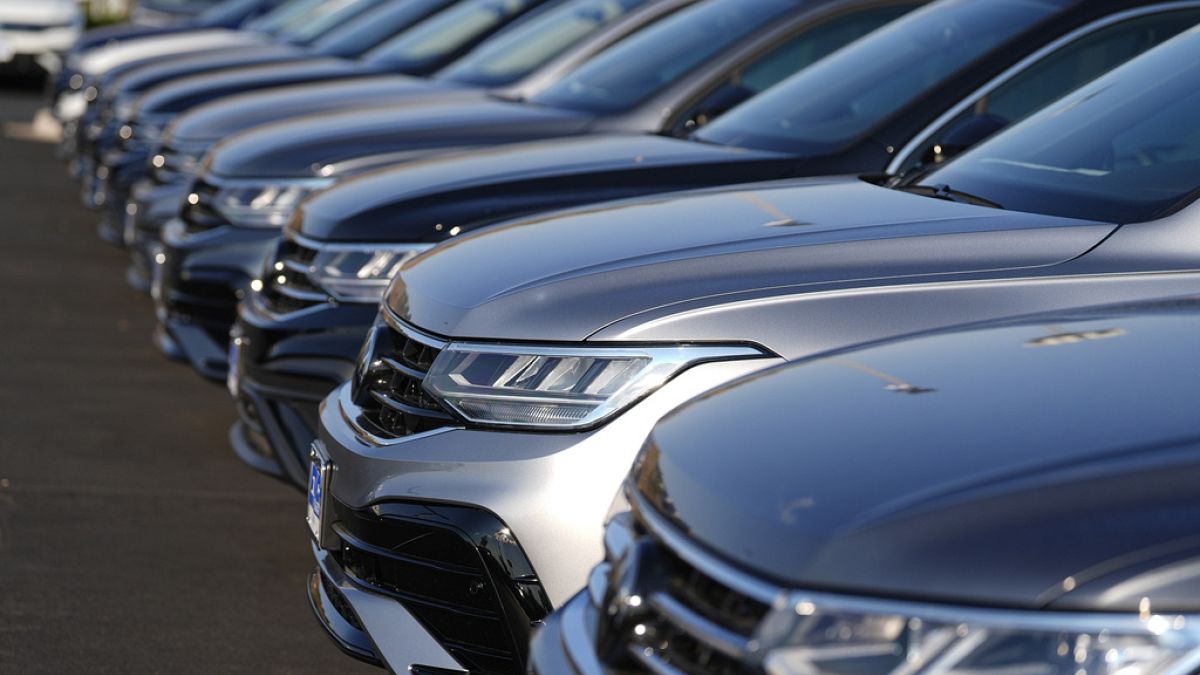The auto industry is urging policymakers to step in, warning that a lack of action could lead to high costs for both automakers and the broader economy, jeopardizing the EU’s ambitious zero-emission goals.
In August, new car registrations across the EU dropped significantly by 18.3%, with the four major markets experiencing steep declines. Germany saw a staggering decrease of 27.8%, followed by France (24.3%), Italy (13.4%), and Spain (6.5%).
Furthermore, the market share for electric vehicles (EVs) fell sharply by 43.9% compared to the previous year, dropping from 21% to just 14.4% of the total market in the EU.
This decline contrasts sharply with the impressive figures recorded in August 2023, when both new car sales and EV registrations soared by 21%.
Over the first eight months of the year, the overall outlook improved slightly, with new car registrations reflecting a modest year-over-year growth of 1.4%. Although French and German sales lagged, Spain and Italy experienced positive trends with increases of 4.5% and 3.8% respectively in new car sales.
Growing Concerns Over Stagnant European EV Sales
As European car manufacturers navigate this challenging landscape, they are increasingly anxious about the approaching 2025 deadline for meeting CO2 emission reduction mandates for cars and vans.
Industry leaders are calling for immediate action from policymakers, emphasizing that the path to achieving a CO2 fleet emission target of 95 grams per kilometer by next year could impose substantial financial burdens not only on manufacturers but the economy at large.
“The European auto industry is committed to the Paris Agreement and the EU’s 2050 transport decarbonization objectives, having invested billions in the electrification of vehicles,” stated the European Automobile Manufacturers’ Association (ACEA), which represents 15 of Europe’s leading car, van, truck, and bus manufacturers.
However, they caution that key conditions necessary for the increase in production and adoption of zero-emission vehicles are currently lacking—including adequate charging and hydrogen refueling infrastructure, a competitive manufacturing environment, affordable green energy, tax incentives, and reliable access to raw materials, hydrogen, and batteries. Furthermore, the growth of the economy, consumer acceptance, and trust in the infrastructure have not progressed sufficiently.
The ACEA warns that without timely intervention, auto manufacturers may have to halt the production of up to two million vehicles or incur heavy penalties.
“We are ready to discuss a package of short-term relief measures concerning the 2025 CO2 targets,” the ACEA declared.
Photo credit & article inspired by: Euronews



